SUMMARY
This is AI generated summarization, which may have errors. For context, always refer to the full article.
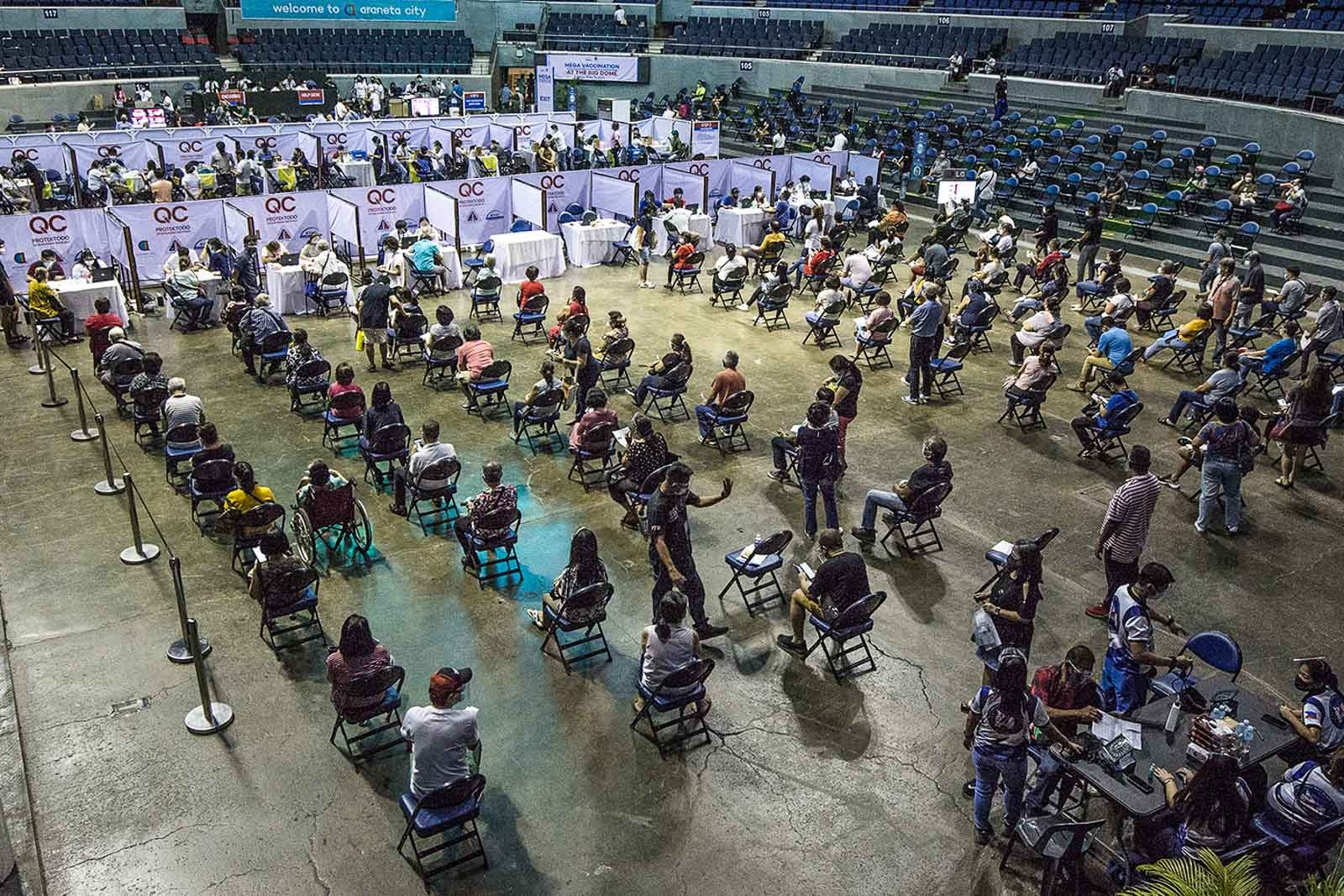

Months after the Philippines launched its mass vaccination campaign against the coronavirus, only three out of 10 Filipinos said they would be willing to get vaccinated against COVID-19.
A non-commissioned Social Weather Stations (SWS) survey – conducted from April 28 to May 2, 2021 and released on Thursday, May 20 – found that only 32% of adult Filipinos are willing to get vaccinated if they had a “chance to be given a free vaccine that can prevent COVID-19 which has been approved by the Food and Drug Administration.”
Almost as many adult Filipinos (33%) said they were unwilling to get vaccinated, while 35% others were uncertain.
Asked the question, “How much or little is your confidence that the government vaccine experts are thoroughly evaluating the vaccines to be used in the Philippines against Covid-19?”:
- 51% of adults said they were confident (18% very confident, 34% somewhat confident)
- 31% were uncertain
- 17% were not confident (12% somewhat not confident, 5% not at all confident)
The survey was done using face-to-face interviews of 1,200 adults nationwide: 300 each in Balance Luzon, Metro Manila, the Visayas, and Mindanao. The sampling error margins were ±3% for national percentages and ±6% for Balance Luzon, Metro Manila, the Visayas, and Mindanao.
Fear of side effects top reason for unwillingness
The SWS reported that, among the 35% of adults uncertain about vaccination, 39% said their position was related to fears over possible side effects of the vaccines. Other reasons included the following:
- 21% – “It’s not safe and effective”
- 11% – “I might die/I heard reports of fatality”
- 11% – “I’m afraid/I don’t trust the vaccine”
- 11% – “I have comorbidity/I’m too old”
- 6% – “I heard negative feedback about the vaccines”
- 3% – “I might get sick/I might get COVID-19”
- 2% – “I’m healthy/I’m not sick”
- 1% – “I just don’t like/need it”
- 1% – Other reasons
- 1% – No answer
Of the 33%, or 3 out of 10 Filipinos, still unwilling to get vaccinated, fear over possible side effects (30%) was also the top reason cited for not wanting to get the vaccine. The SWS said the other reasons were:
- 20% – “I might die/I heard reports of fatality”
- 17% – “I have comorbidity/I’m too old”
- 11% – “I might get sick/I might get COVID-19”
- 9% – “It’s not safe and effective”
- 9% – “I’m afraid/I don’t trust the vaccine”
- 8% – “I don’t like/need it”
- 3% – “I’m healthy/I’m not sick”
- 1% – “I don’t believe in COVID-19”
- 2% – Others
The survey also found that one’s willingness to get vaccinated was related to how confident they were about the government’s evaluation of COVID-19 vaccines.
Among respondents who were very confident about the government’s evaluation of vaccines, 58% were willing to get vaccinated versus 38% among those who were somewhat confident.
Of those who were uncertain of the evaluation, 18% were willing to get vaccinated. Twenty percent were willing among those who were “somewhat confident.” For those not confident about the government’s evaluation, only 11% said they would get vaccinated.
Confidence in the government’s evaluation of COVID-19 vaccines was highest in Mindanao at 58%, followed by the Visayas at 55%, Metro Manila at 49%, and Balance Luzon at 47%.
Willingness highest in Metro Manila
Among those who were willing to get vaccinated, 41% said they wanted to get the vaccine for their personal protection and safety against COVID-19. This was followed by 30% who said they wanted to get vaccinated to avoid contracting the virus. Other reasons cited were:
- 9% – “For my family’s safety and protection vs. COVID-19”
- 6% – “To stop the spread of COVID-19”
- 6% – “It’s required in my workplace”
- 5% – “It’s safe and proven effective”
- 4% – “To go out without the worry of catching COVID-19”
- 4% – “It’s available for free”
- 3% – “I’m following what is being required”
- 2% – “I already got my COVID-19 vaccine”
- 1% – “Others already got it”
- 2% – Other reasons”
The percentage of those willing to get the vaccine was highest at 41% in Metro Manila, the epicenter of the Philippines’ pandemic. This was followed by Mindanao at 34%, Visayas (32%), and Balance Luzon (28%).
The survey found that willingness to get vaccination also increased with the level of education obtained. SWS said those who were willing to be vaccinated was highest among college graduates (50%), followed by junior high school graduates (34%), elementary graduates (25%), and non-elementary graduates (25%).
SWS said confidence in the government’s evaluation of COVID-19 vaccines was not dependent on one’s educational level.
Since the government launched it anti-COVID-19 vaccine drive on March 1, it has had to contend with rising vaccine hesitancy among Filipinos – a stumbling block that could complicate the government’s target to reach herd immunity.
Lawmakers have urged the Department of Health, pandemic officials, and local government to step up vaccine information campaign to curb rising hesitancy and to increase uptake of COVID-19 vaccines. This is critical to preventing hospitalizations and deaths and allowing the country’s economy to reopen further.
Months into the rollout, around 2.31% of the country’s population have received the first of two doses of the vaccine while those who have taken both jabs represent around 0.72% of the population as of May 18. – Rappler.com
Read Rappler’s series of explainers on the Duterte government’s vaccine program below:
- SCHEDULE: Philippines’ COVID-19 vaccine deliveries
- TRACKER: The Philippines’ COVID-19 vaccine distribution
- TIMELINE: The Philippines’ 2021 COVID-19 vaccine plan
- EXPLAINER: What to expect once COVID-19 vaccines arrive in the Philippines
- EXPLAINER: How COVID-19 vaccines will get from warehouses to you
- Securing vaccine deals: A checklist for local governments
- How FDA grants emergency approval for COVID-19 vaccines, meds
- PH to prioritize high-risk areas, sectors for COVID-19 vaccine rollout
- Gov’t releases new vaccine priority list, includes persons with comorbidities
- LIST: Local governments’ plans, deals, and budget for COVID-19 vaccines
- FAST FACTS: Prioritized groups, guidelines for COVID-19 vaccination
- TRACKER: Which COVID-19 vaccines are being eyed by the Philippines?
- Your guide to COVID-19 vaccination for seniors, persons with comorbidities
- Meet the 5 experts’ groups advising PH’s COVID-19 vaccine program
- IATF adds more sectors eligible for COVID-19 vaccine as economic frontliners
Add a comment
How does this make you feel?
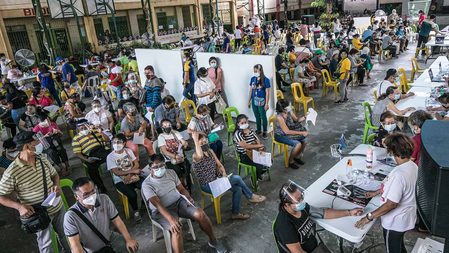
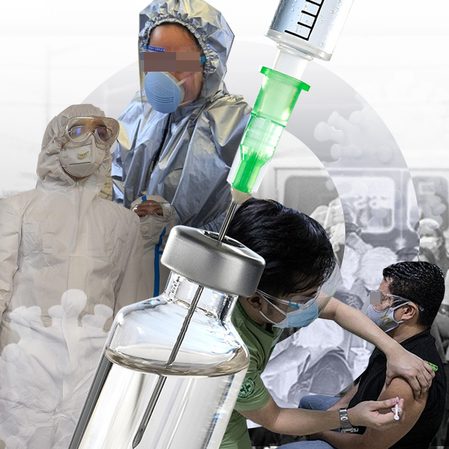


![[Time Trowel] Evolution and the sneakiness of COVID](https://www.rappler.com/tachyon/2024/02/tl-evolution-covid.jpg?resize=257%2C257&crop=455px%2C0px%2C1080px%2C1080px)


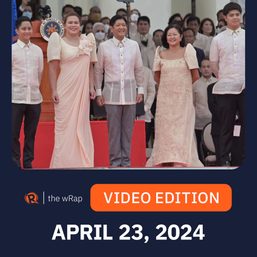
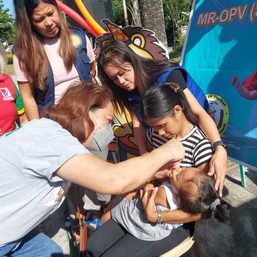
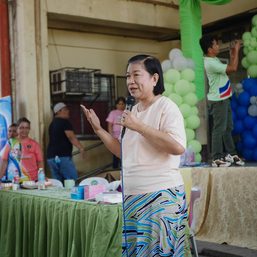
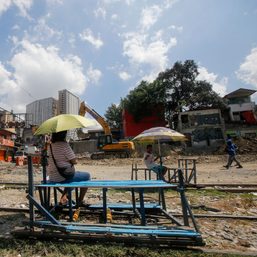
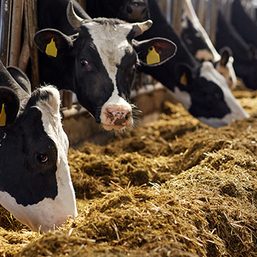
![[Free to Disagree] Sabwatan ng mga doktor at drug companies](https://www.rappler.com/tachyon/2024/04/tl-sabwatan-doktor-drug-companies-April-22-2024.jpg?resize=257%2C257&crop=292px%2C0px%2C720px%2C720px)
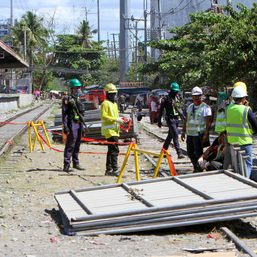
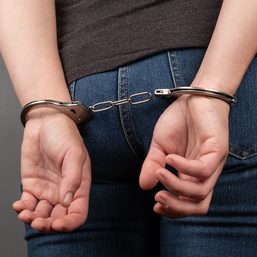
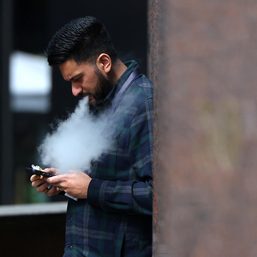
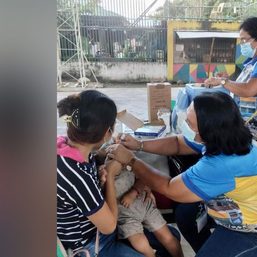
![[EDITORIAL] Kapag bumabagsak ang ratings, balikan ang basics](https://www.rappler.com/tachyon/2024/04/animated-bongbong-marcos-sara-duterte-popularity-numbers-2024-carousel.jpg?resize=257%2C257&crop_strategy=attention)
![[OPINION] Can Marcos survive a voters’ revolt in 2025?](https://www.rappler.com/tachyon/2024/04/tl-voters-revolt-04042024.jpg?resize=257%2C257&crop=251px%2C0px%2C720px%2C720px)
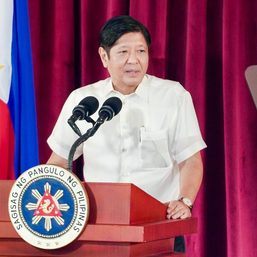
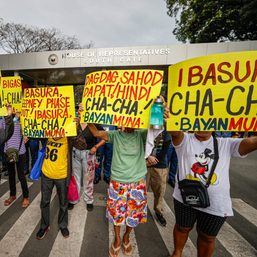
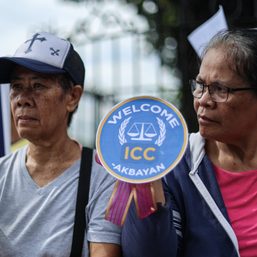
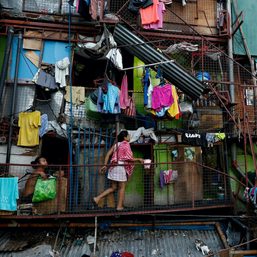
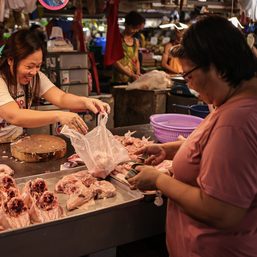
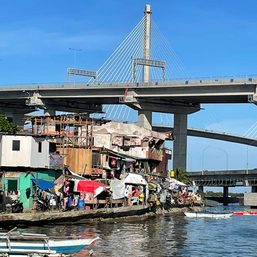
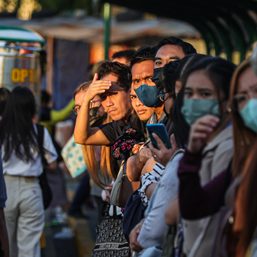
There are no comments yet. Add your comment to start the conversation.